Protests against Umar Khalid and Tarek Fatah remind us why free speech is endangered in India
Fri 24 Feb 2017, 10:47:15
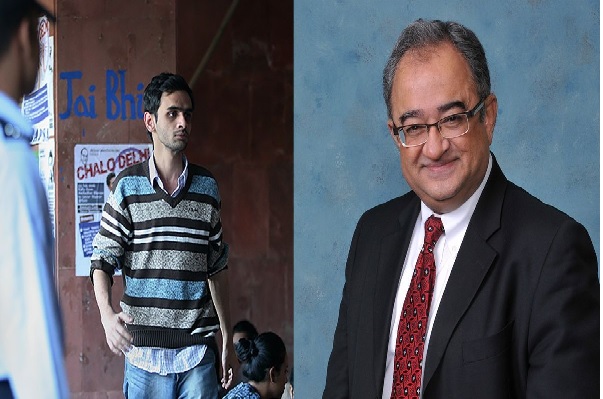
In Delhi, February 2017 is starting to look a lot like the February of 2016. At this time last year, the Rashtriya Swayamsevak Sangh’s student wing, the Akhil Bhartiya Vidyarthi Parishad, accused some students at Jawaharlal Nehru University of shouting slogans they claimed were anti-national. Even as the Delhi Police are yet to find enough evidence to file a charge-sheet in the matter, one of the people accused in the case, Umar Khalid, has been caught in another maelstrom. On Tuesday, a seminar at Ramjas College in New Delhi was cancelled after the ABVP protested the fact that Khalid had been invited to the event.
This came just two days after Pakistan-born Canadian writer Tarek Fatah wasforced to leave an Urdu festival in Delhi. Angered by his alleged remarks against Islam, some bystanders demanded that Fatan be removed from the venue.
Police and laws
What was even more troubling in both cases was the role of the police. In Fatah’s case, the police, rather than enforcing his right to be at the event, escorted him out. The situation at Ramjas was even more grim, with the Delhi Police itself indulging in violence against the students and even journalists.
That these events could occur back to back is a stark reminder of the weakness of a culture of debate across India.
Unsurprisingly, India’s predisposition to place fists over dialogue informs the country’s laws as well. For a democracy, India has rather harsh restrictions on speech and expression. Section 153A of the Indian Penal Code criminalises so-called hate speech, while 295A makes it illegal to blaspheme against religion.
So absurd are these laws that they have been applied to people commenting on the medieval Maharashtrian king Shivaji or making political comments about Shiv Sena leader Bal Thackeray.
Books and movies
The state also uses these draconian laws to ban books that it feels are a threat. Prime Minister Rajiv Gandhi banned novellist Salman Rushdie’s Satanic Verses in 1988, driven by conservative Muslim opinion. In 2004, American historian James Laine’s academic study of Shivaji was banned in Maharashtra. In 2009, Gujarat proscribed Bharatiya Janata Party leader Jaswant Singh’s book on
the causes behind Partition. In 2014, right-wing groups sought to obtain a ban against US scholar Wendy Doniger’s book, The Hindus. This action so scared the publisher that rather than fight the case, it simply caved in and pulped all the copies it had.
Even more insidious is the culture of political formations enforcing bans by sheer use of force, without recourse to the law. In 2007, Babu Bajrangi, a right-wing strongman, decided that the film Parzania, set during the 2002 anti-Muslim riots, should not be shown in Gujarat. Rather than contest this, the Gujarat government, then headed by Narendra Modi, caved in to Bajrangi and supported the demand.
This culture of proscription has now taken firm roots and filmmakers are threatened for the flimsiest of reasons. In 2016, the Maharashtra Navnirman Sena decided to take issue with the Hindi-language film Ae Dil Hai Mushkil for using Pakistani actors. Like Parzania, Ae Dil Hai Mushkil had broken no actual laws. Yet, so weak was the ability of the state to maintain its own laws that the Maharashtra Navnirman Sena
had its way and the producers had to edit the movie in order to get it released.
Et tu, court?
Everywhere else in the world, the judiciary is the protector of free speech. In India, though, even judges have jumped into the fray, trying to gag people.
On February 7, for instance, the Bombay High Court instructed the producers of Jolly LL.B 2 to make some cuts because it was displeased at the movie’s attempt to satirise the legal profession. Of course, movies in India are policed by the Censor Board of Film Certification – which had passed the movie – not the judiciary. The High Court’s acts were, therefore, ungrounded in law.
Even more alarmingly, the Supreme Court seems quite open to the idea of censoring the Internet, blocking websites and even search keywords, much as it is China.
All these instances raise critical questions about the future of democracy in India. The basis of democratic rule is the free exchange of information. One might not like Fatah, Khalid or Jolly LL.B 2 but it’s critical that they should have the right to be seen and heard. In India, this near-sacred principle is under threat.
This came just two days after Pakistan-born Canadian writer Tarek Fatah wasforced to leave an Urdu festival in Delhi. Angered by his alleged remarks against Islam, some bystanders demanded that Fatan be removed from the venue.
Police and laws
What was even more troubling in both cases was the role of the police. In Fatah’s case, the police, rather than enforcing his right to be at the event, escorted him out. The situation at Ramjas was even more grim, with the Delhi Police itself indulging in violence against the students and even journalists.
That these events could occur back to back is a stark reminder of the weakness of a culture of debate across India.
Unsurprisingly, India’s predisposition to place fists over dialogue informs the country’s laws as well. For a democracy, India has rather harsh restrictions on speech and expression. Section 153A of the Indian Penal Code criminalises so-called hate speech, while 295A makes it illegal to blaspheme against religion.
So absurd are these laws that they have been applied to people commenting on the medieval Maharashtrian king Shivaji or making political comments about Shiv Sena leader Bal Thackeray.
Books and movies
The state also uses these draconian laws to ban books that it feels are a threat. Prime Minister Rajiv Gandhi banned novellist Salman Rushdie’s Satanic Verses in 1988, driven by conservative Muslim opinion. In 2004, American historian James Laine’s academic study of Shivaji was banned in Maharashtra. In 2009, Gujarat proscribed Bharatiya Janata Party leader Jaswant Singh’s book on
the causes behind Partition. In 2014, right-wing groups sought to obtain a ban against US scholar Wendy Doniger’s book, The Hindus. This action so scared the publisher that rather than fight the case, it simply caved in and pulped all the copies it had.
Even more insidious is the culture of political formations enforcing bans by sheer use of force, without recourse to the law. In 2007, Babu Bajrangi, a right-wing strongman, decided that the film Parzania, set during the 2002 anti-Muslim riots, should not be shown in Gujarat. Rather than contest this, the Gujarat government, then headed by Narendra Modi, caved in to Bajrangi and supported the demand.
This culture of proscription has now taken firm roots and filmmakers are threatened for the flimsiest of reasons. In 2016, the Maharashtra Navnirman Sena decided to take issue with the Hindi-language film Ae Dil Hai Mushkil for using Pakistani actors. Like Parzania, Ae Dil Hai Mushkil had broken no actual laws. Yet, so weak was the ability of the state to maintain its own laws that the Maharashtra Navnirman Sena
had its way and the producers had to edit the movie in order to get it released.
Et tu, court?
Everywhere else in the world, the judiciary is the protector of free speech. In India, though, even judges have jumped into the fray, trying to gag people.
On February 7, for instance, the Bombay High Court instructed the producers of Jolly LL.B 2 to make some cuts because it was displeased at the movie’s attempt to satirise the legal profession. Of course, movies in India are policed by the Censor Board of Film Certification – which had passed the movie – not the judiciary. The High Court’s acts were, therefore, ungrounded in law.
Even more alarmingly, the Supreme Court seems quite open to the idea of censoring the Internet, blocking websites and even search keywords, much as it is China.
All these instances raise critical questions about the future of democracy in India. The basis of democratic rule is the free exchange of information. One might not like Fatah, Khalid or Jolly LL.B 2 but it’s critical that they should have the right to be seen and heard. In India, this near-sacred principle is under threat.
No Comments For This Post, Be first to write a Comment.
Most viewed from National
Most viewed from World
AIMIM News
Latest Urdu News
Most Viewed
May 26, 2020
Is it right to exclude Bangladesh from the T20 World Cup?
Latest Videos View All
Like Us
Home
About Us
Advertise With Us
All Polls
Epaper Archives
Privacy Policy
Contact Us
Download Etemaad App
© 2026 Etemaad Daily News, All Rights Reserved.

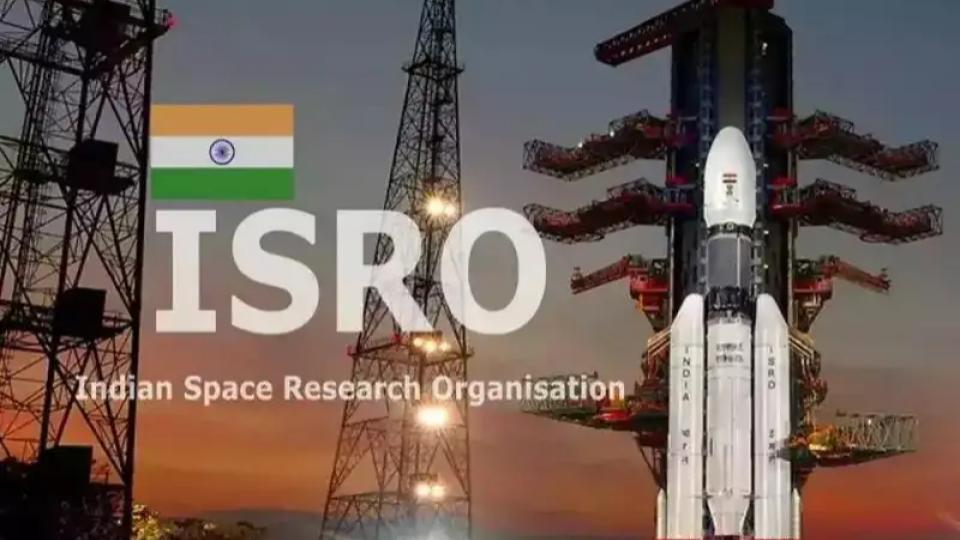
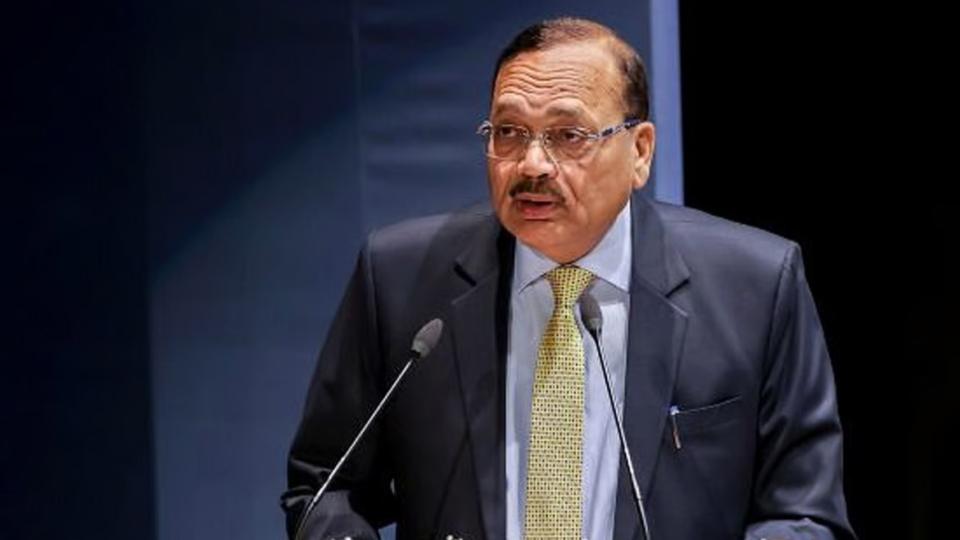
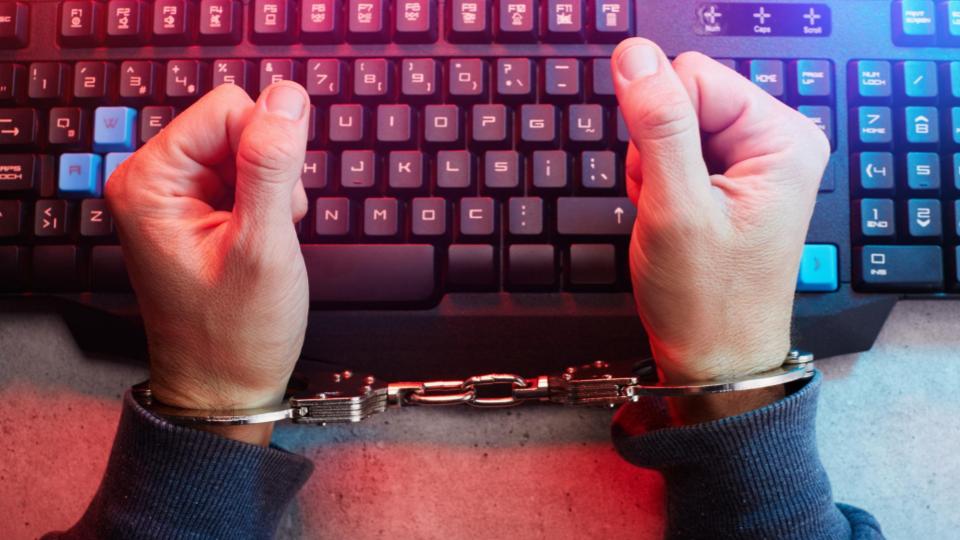
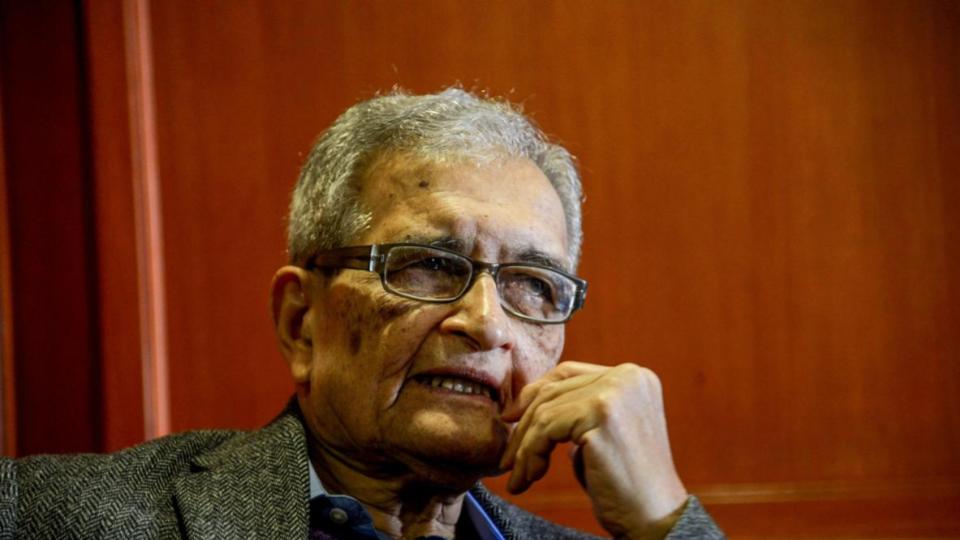
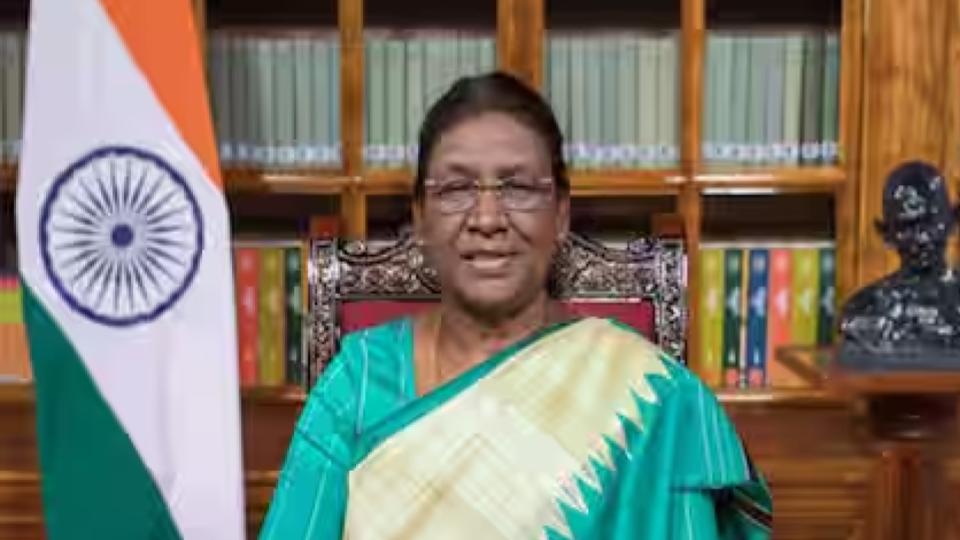
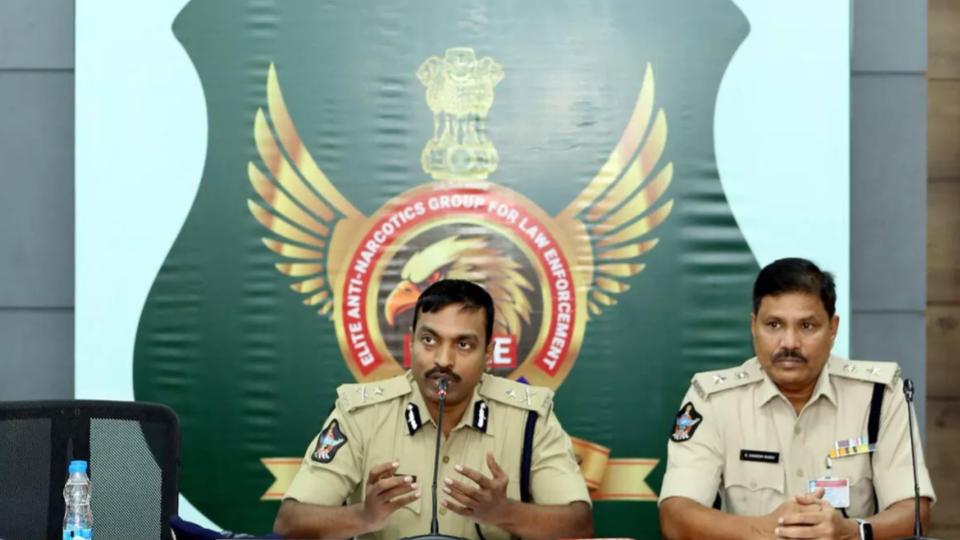

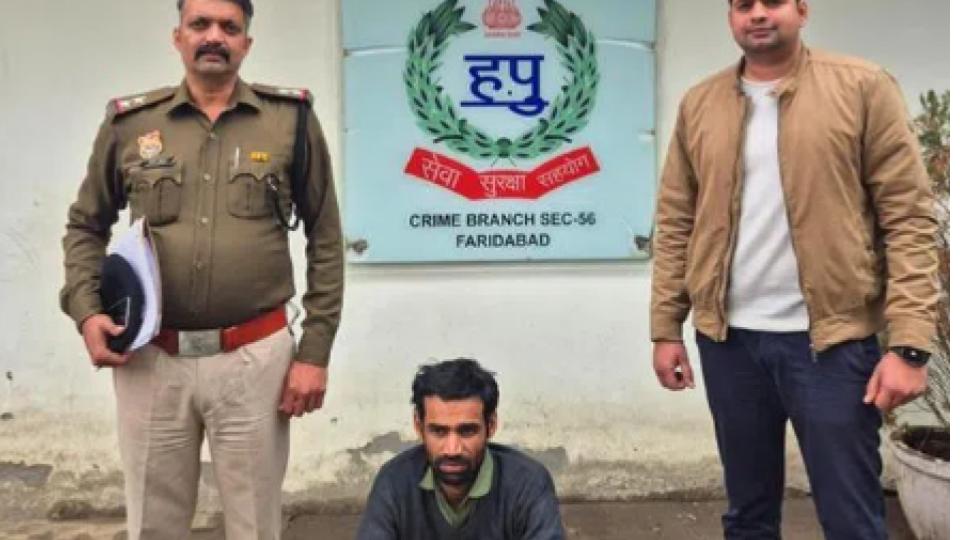
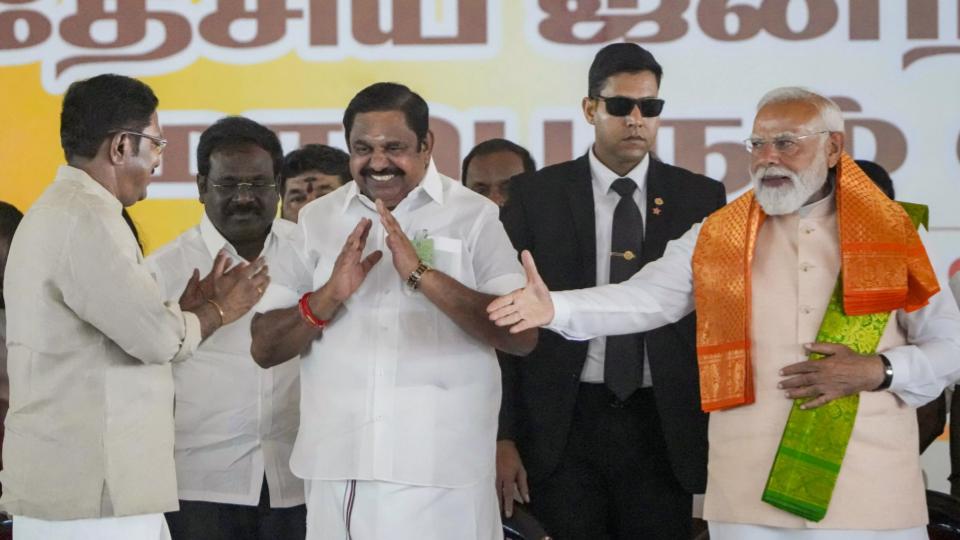
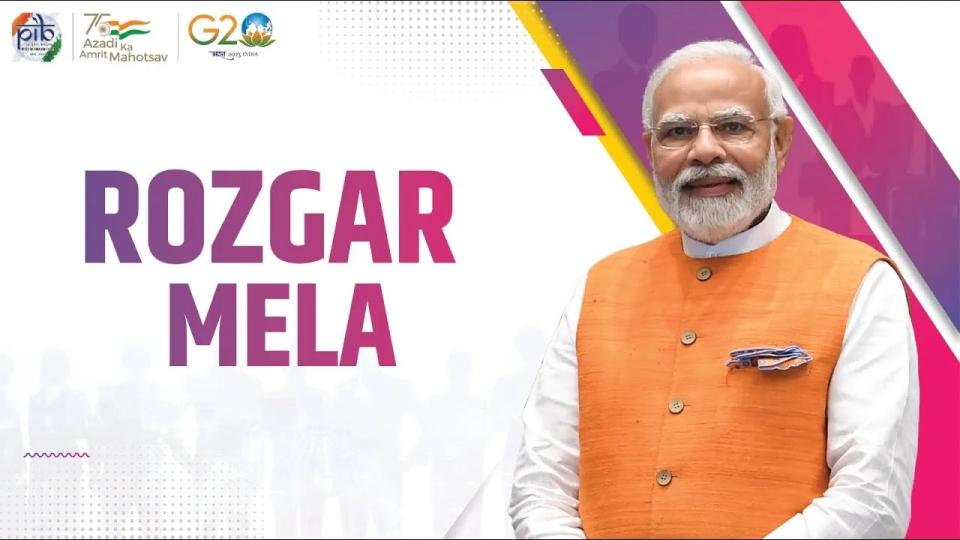
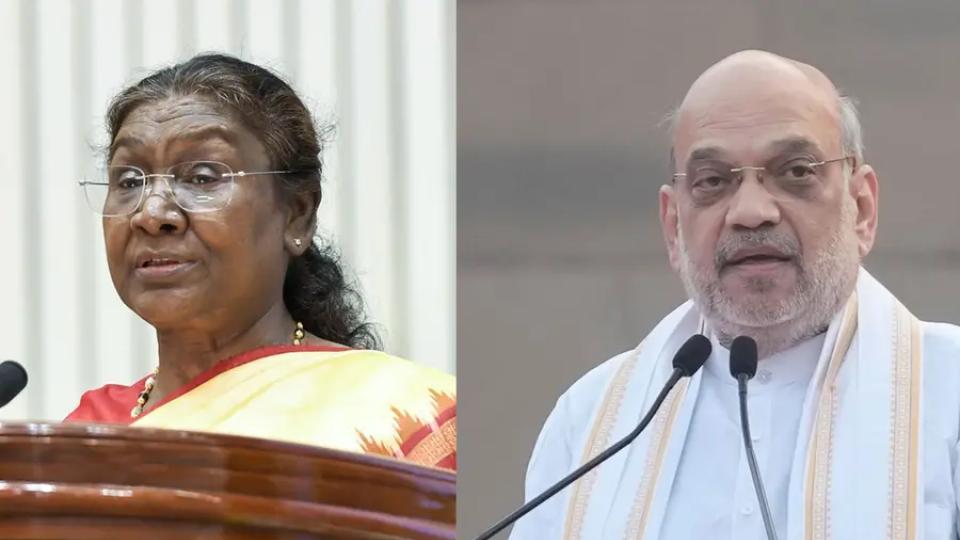
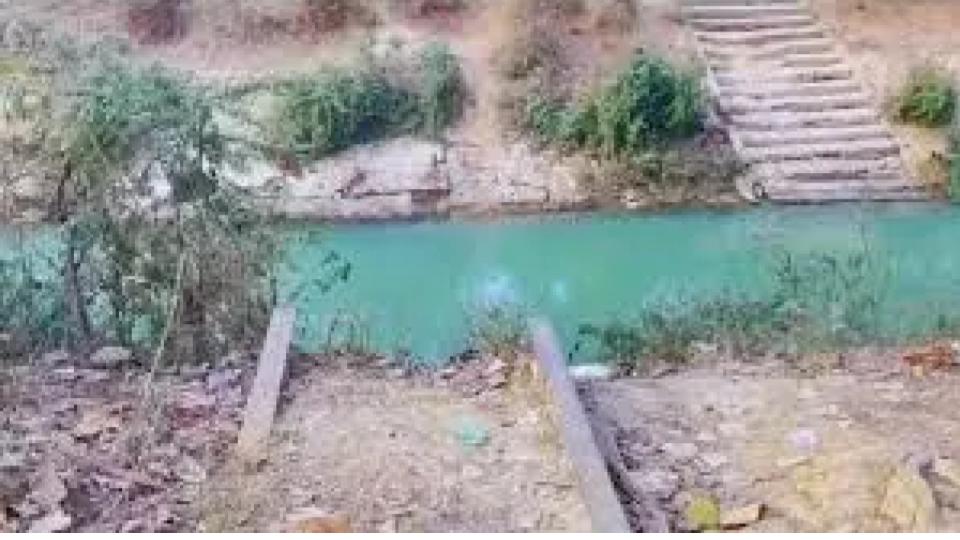
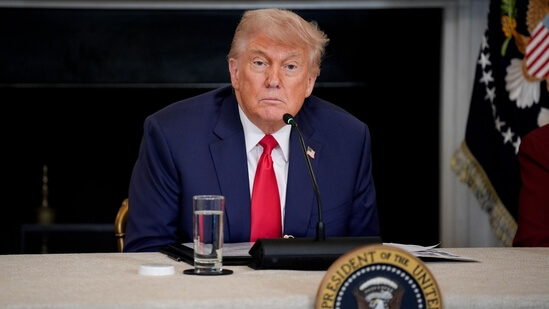

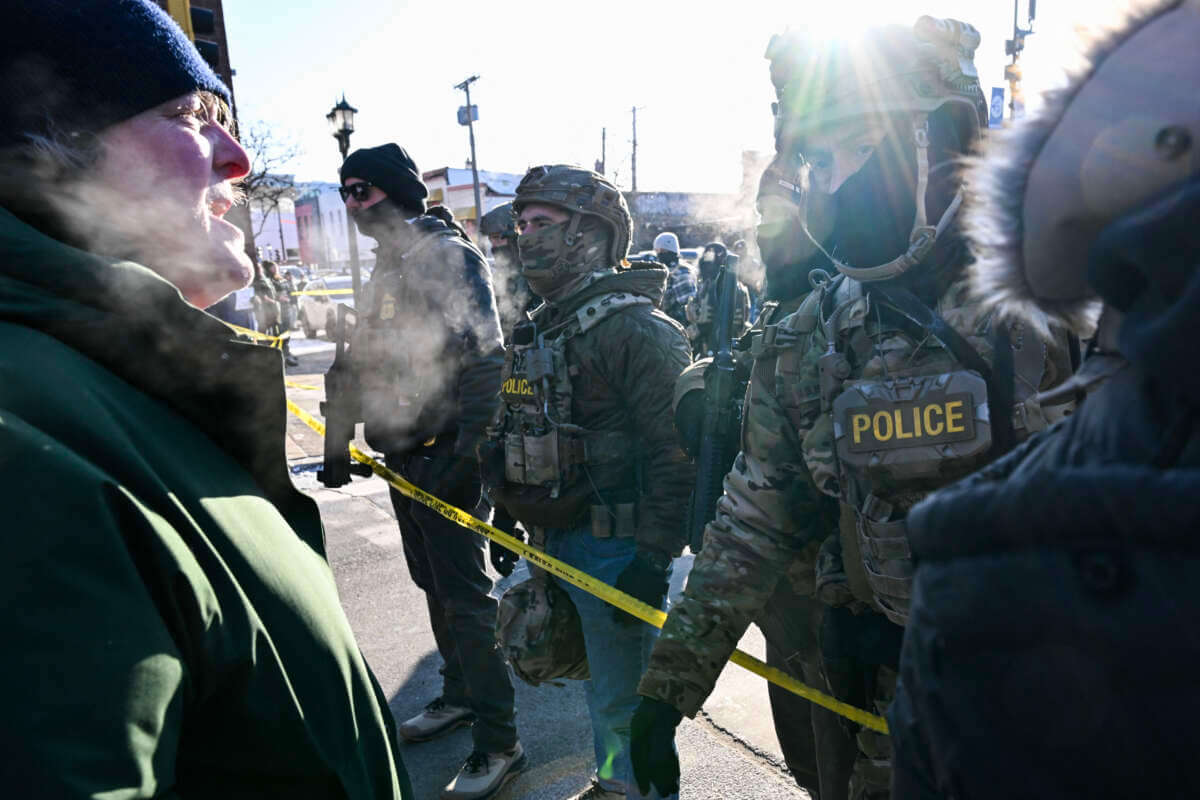
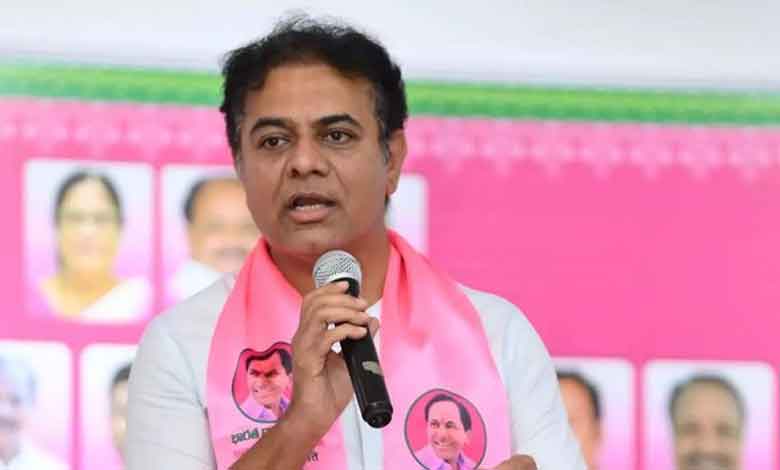
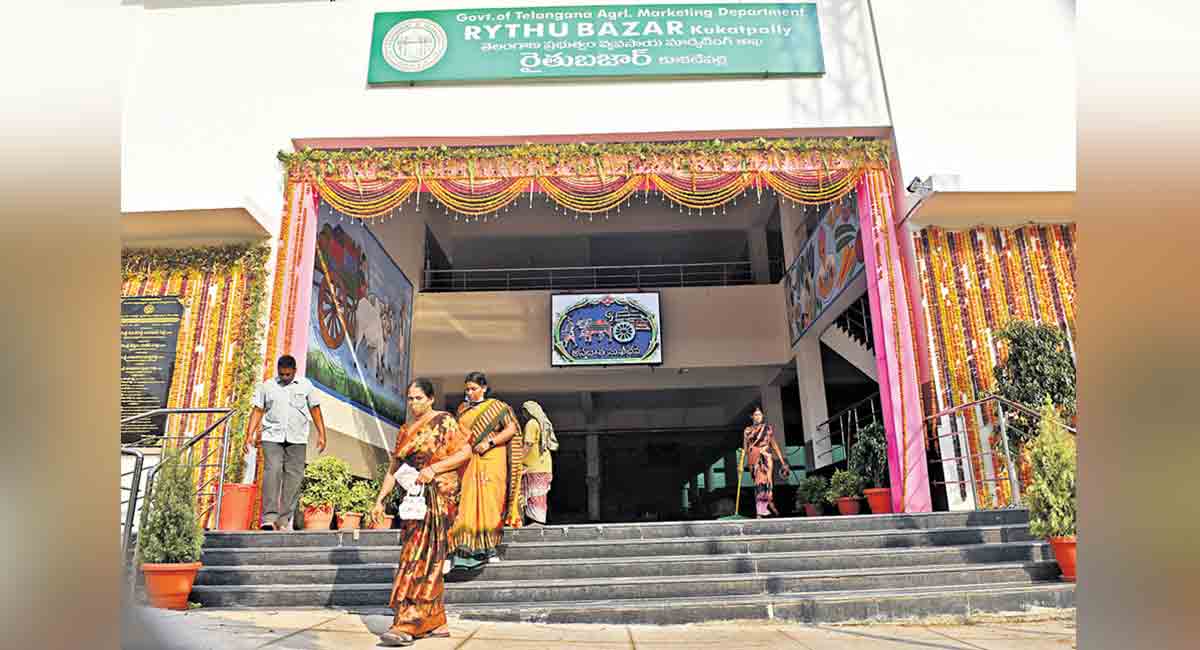
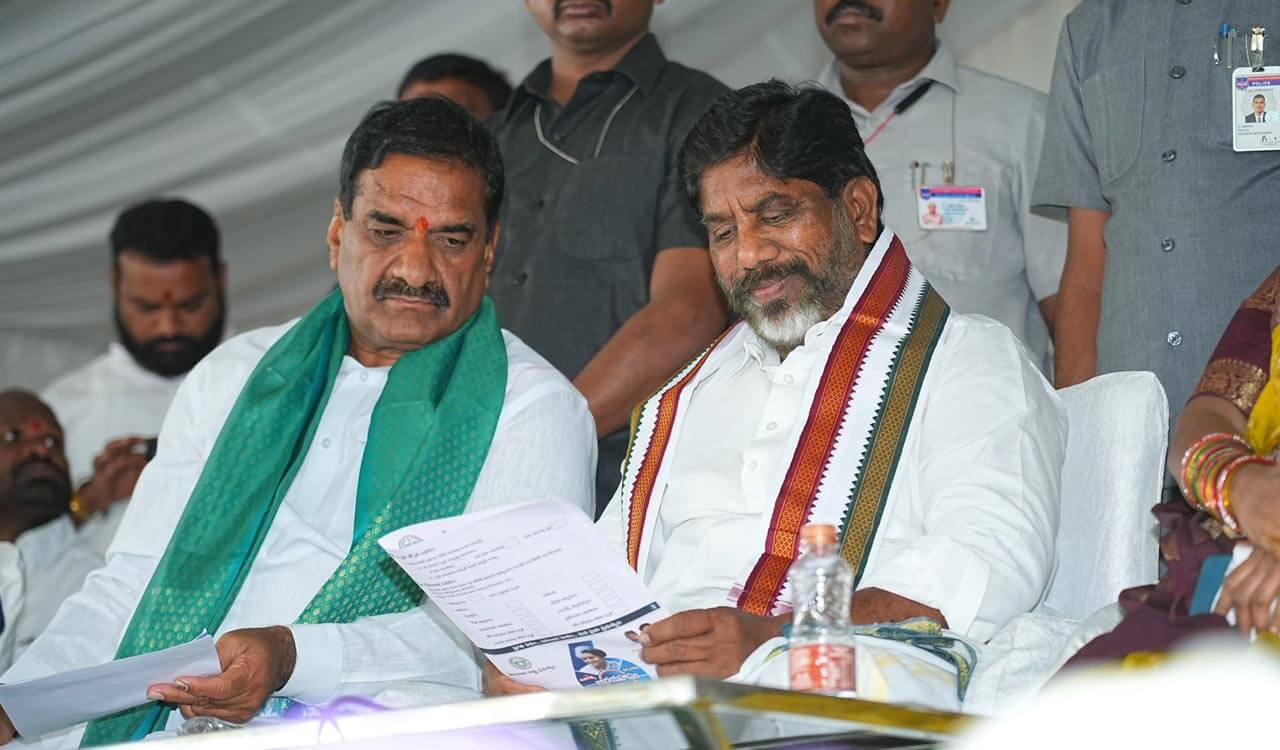
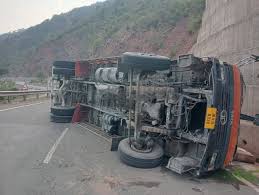
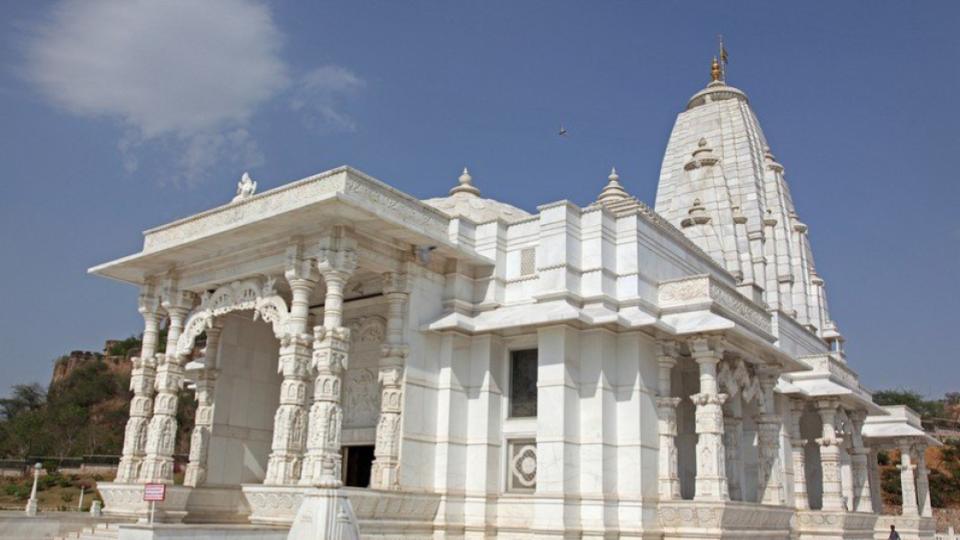
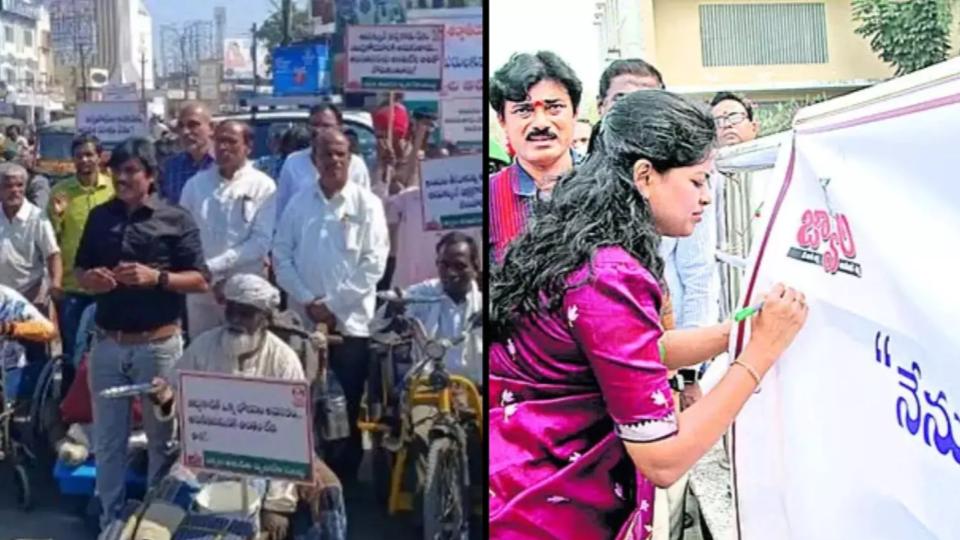
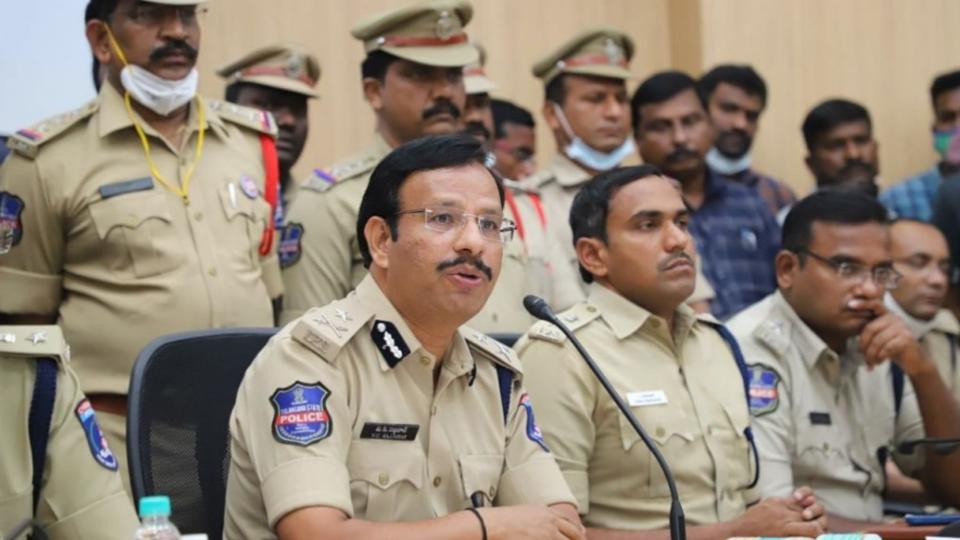

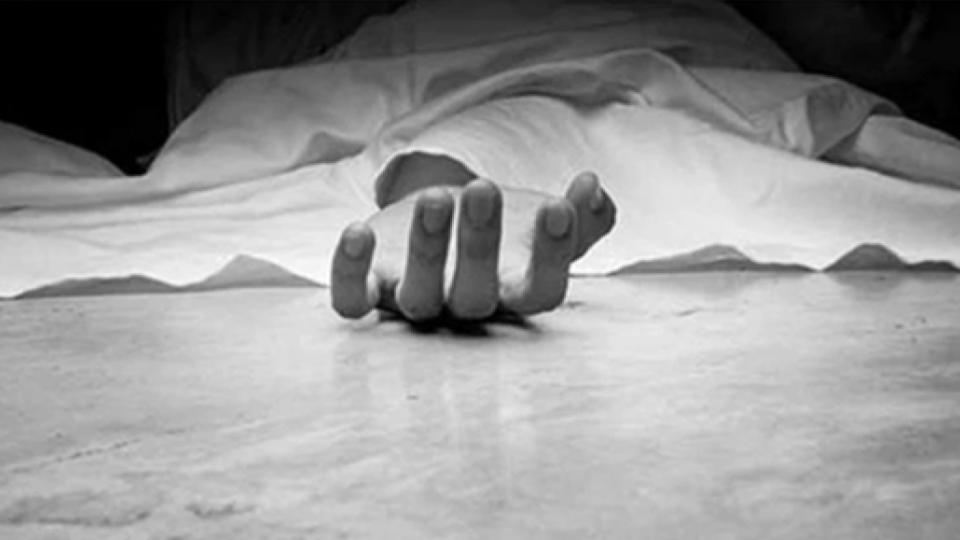












.jpg)
.jpg)
.jpg)


